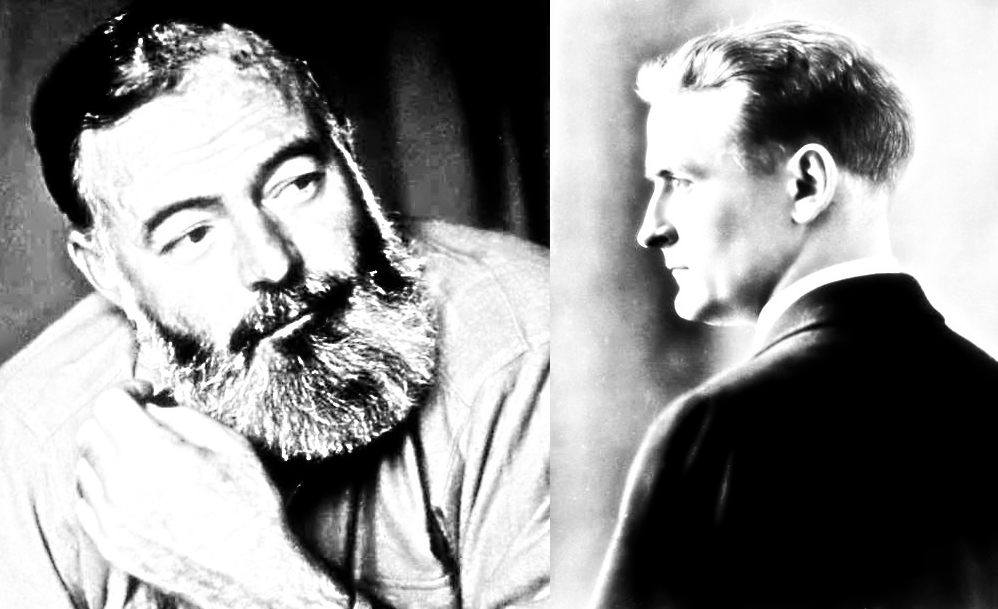As nature greens up this month, I keep thinking about hiking. I have been really busy the last couple of years, which has kept me from hitting my normal trails as much as I would like to and that makes me a little sad. But, I’m still putting in steps to try to keep up with springtime chores (so many chores).
When I think about hiking (or walking for that matter), I think about it as a mode of catharsis, as it helps me clear my brain. Emptying the psychological traps and all that. I believe all modes of catharsis are survival mechanisms (or maybe that’s a matter of fact, I don’t know), and that survival mentally is essential for us to successfully engage with the world. If our heads aren’t clear then we can’t see.
Poets write about this thing all the time.
In Langston Hughes’s “Still Here” he examines the titular struggle of being around long after problems have left. “I been scarred and battered,” he writes. “My hopes the wind done scattered / Snow has friz me / Sun has baked me.” If you haven’t felt like that before, then God help you. Langston Hughes is trying to tell us that he’s been through a lot, and he is also drawing us closer to him through empathetic struggle.
Langston continues this by helping us understand the fruitful side of struggle, which comes from determination. “Stop laughin’, stop lovin’, stop livin’– / But I don’t care! / I’m still here!” Nobody will laugh in his face, because he hasn’t gone anywhere. His perseverance has won out.
Survival comes unexpectedly as well, from places that you wouldn’t expect. Success in an urban environment is always exceptionally interesting to the modern world. For as much as our country talks about “pulling ourselves up by our bootstraps,” we are terrifically surprised when somebody actually does it, which is not often. “Proving nature’s law is wrong it / learned to walk with out having feet” states Tupac Shakur in “The Rose that Grew from Concrete.” “Funny it seems, but by keeping its dreams / it learned to breathe fresh air.”
Dreaming and survival pair well, whether those dreams are rational or not. Our dreams keep us anchored to the real world, even though they are just fantasies that don’t always amount to much. Whether actualized or not, however, we find that those dreams, big or small, help us get through the day to get closer to the actual dream itself.
Furthermore, Maya Angelou’s “Still I Rise” speaks of one’s determination, perseverance, and plain grit in order to survive, as it guides the reader through an emotional survivalist who has experienced lifelong torment.
“Leaving behind nights of terror / and fear / I rise / Into a daybreak that’s wondrously clear / I rise.”
I think, at least using what I have gleaned from poets, is that survival is an amalgamation of emotional states–whether that be one of anger and resentment, pure determination, or stoicism. The cathartic experience stems from that emotional response to survive. That is to say, some people grin and grimace to get through, while others fight as hard as they can to stay on top; and I guess there isn’t any one particular way that is best…just as long as the person is better off for the experience.
Works cited
Angelou, Maya. “Still I Rise.”
Hughes, Langston. “Still Here.”
Shakur, Tupac. “The Rose that Grew from Concrete.”








Leave a Reply